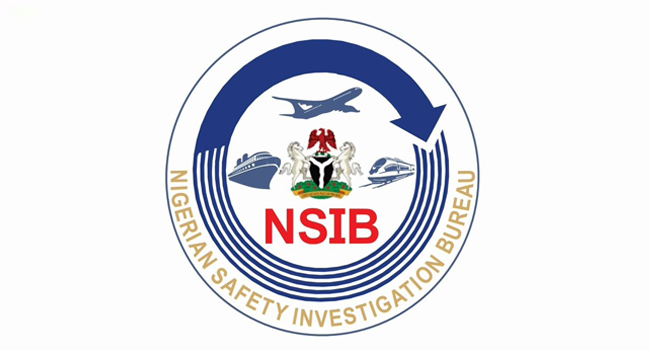The Director General of the Nigerian Safety Investigation Bureau (NSIB), Captain Alex Badeh, has pushed back against recent concerns raised by a U.S. Department regarding the overall safety of Nigerian airports.
Speaking in an interview on Arise TV, Badeh clarified that while Nigeria’s airports face some challenges, labeling them as generally unsafe is unfair and misleading.
“It is unfair to generalise that our airports are entirely unsafe. We recognise the need for continuous improvement and commend the efforts of the Federal Airports Authority of Nigeria (FAAN) in implementing upgrades,” he said.
Badeh acknowledged existing issues such as perimeter fencing and occasional wildlife intrusions, but stressed that these are not unique to Nigeria and also occur at airports in the United States and other parts of the world.
He emphasized the importance of understanding the context and metrics used in such safety assessments, rather than making sweeping generalizations that can affect public confidence and international perceptions.
In addition, Badeh addressed the investigation into the helicopter crash involving Nigerian businessman Herbert Wigwe, correcting public assumptions about the NSIB’s role.
“We were not working side-by-side with the U.S. National Transportation Safety Board (NTSB). We were an interested party kept informed of the process by the NTSB, which led the investigation,” he clarified.
The NTSB report attributed the probable cause of the accident to spatial disorientation and pointed to deficiencies in the operator’s safety oversight. Badeh noted the importance of systemic safety practices in aviation, saying:
“It’s easy to blame the pilot, but there is a system behind the pilot that should have mitigated these risks.”
In a statement, Mrs. Bimbo Olawumi Oladeji, Director of Public Affairs and Family Assistance, highlighted ongoing efforts to strengthen Nigeria’s safety systems under NSIB’s expanded mandate.
Badeh confirmed that, in line with the NSIB Establishment Act of 2022, the Bureau now serves as Nigeria’s sole accident investigation agency across air, rail, road, and maritime transport.
“We are developing frameworks including maritime investigation regulations, training manuals, investigation policies, and procedure manuals. The maritime and rail frameworks are complete, and we are engaging stakeholders for their buy-in,” he added.
As Nigeria continues to upgrade its aviation and transportation safety infrastructure, the NSIB insists that constructive dialogue, not broad-brush criticisms, will drive lasting improvements.















